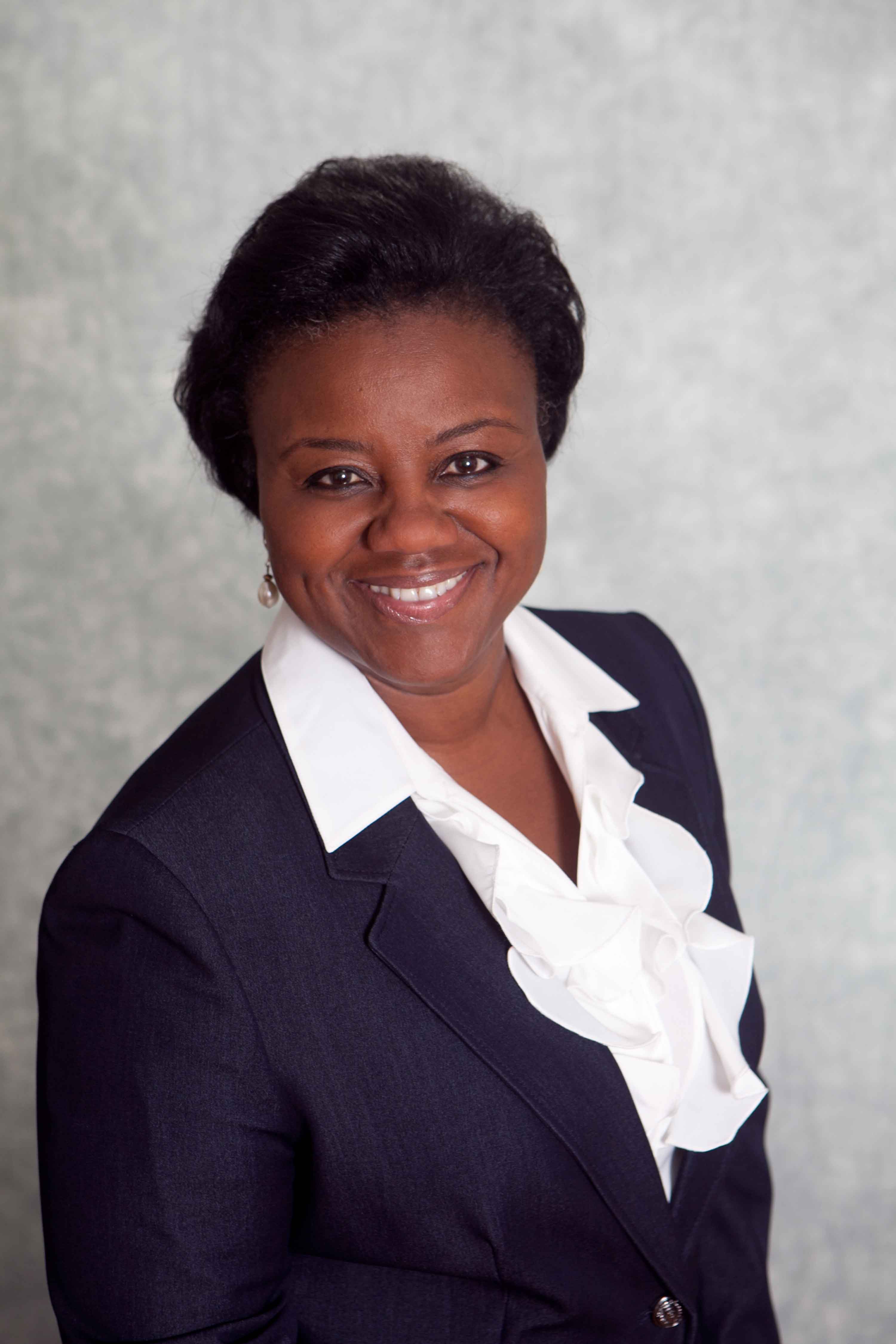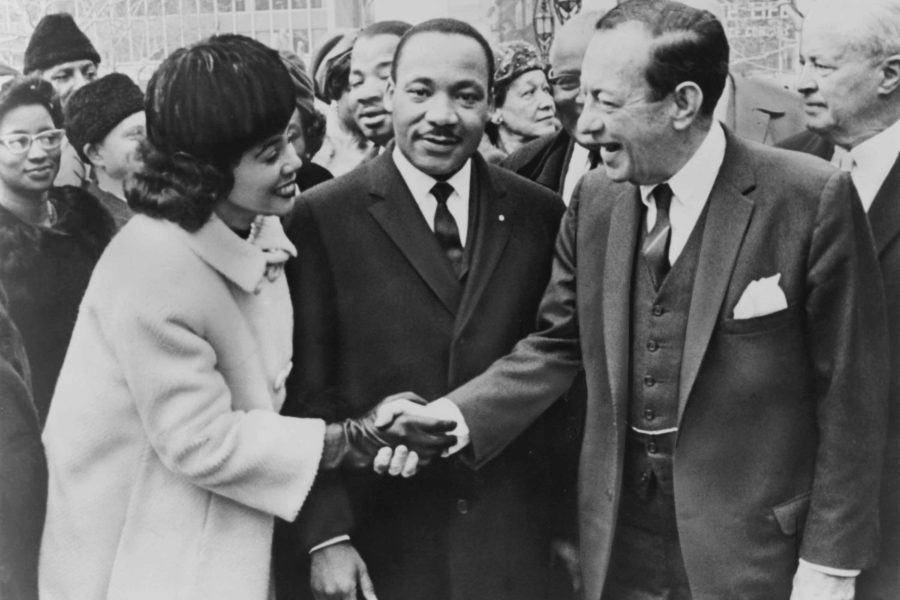
Photo: Courtesy of Marie St. Fleur
Marie St. Fleur is a former State Representative and executive director of King Boston.
A few cities famously have ties to Dr. Martin Luther King Jr. and his activism during the civil rights movement. There is Birmingham, Alabama, where King led several nonviolent protests and was subsequently jailed. There is Washington, D.C., where he delivered his famous “I have a dream … ” speech. And, there is Memphis, Tennessee, where the activist was assassinated while organizing the Poor People’s Campaign in 1968.
King’s time in Boston, however — spent studying, worshipping and falling in love — has been largely left out of his story.
One former Massachusetts state representative has made it a mission to rectify this. Marie St. Fleur is executive director of nonprofit organization King Boston, a privately funded group working closely with the City of Boston to educate and memorialize the legendary social activist’s ties to Boston.
“Dr. Martin Luther King had a close relationship with the people of Boston. He wrote about it. [He observed] the disparities that we are still talking about today,” says St. Fleur. “He worshipped at the Twelfth Baptist Church in Roxbury. He led a march from Roxbury to the Boston Common Parkman Bandstand.”
King began his doctoral studies on systematic theology at the age of 22 at Boston University in 1951. He lived in the “Little Harlem” neighborhood of the South End, and he met his future wife, Coretta Scott, who was training to become a classical singer at New England Conservatory of Music.
King furthered his knowledge of nonviolent civil disobedience under the tutelage of theologian Howard Thurman, Boston University’s first black dean, and he was inspired by Boston’s own revolutionary history and acts of nonviolent protest.
Six months after King graduated from B.U. in 1955, he led the Montgomery bus boycott, a civil rights campaign that ended segregation on all Montgomery public buses and catapulted him to the forefront of the civil rights movement.
“It’s a wonderful Bostonian story that should be celebrated and known by everyone,” says St. Fleur. “Especially considering the fact that, in Boston, we have a rough reputation around issues of race and disparity.”
St. Fleur goes on to add, “At the same time, at the height of segregation in this country in the 1960s, the gentleman who led the civil rights movement was very much part of the fabric of the black community in Boston.”
Today, St. Fleur and the King Boston team, with input from Boston residents and city officials, are in the midst of planning an MLK memorial, which will reside on Boston Common.
“You’ll find other markers of history, of people who were important to the lives of Bostonians, but you will not run across another [historical marker of a] person of color on the Common,” St. Fleur says. “It’s important that the Common, where people come for recreation, reflection and activism, is inclusive of history and reflects all people of Boston.”
As of publication time, the King Boston art committee is reviewing five finalist designers and architects who submitted design proposals for the memorial, which will pay homage to King and be a space for reflection for visitors. A decision is expected soon.
In tandem with the Boston Common memorial, will be the creation of a new King Center for Economic Justice in Roxbury, as well as a $1 million endowment with the Twelfth Baptist Church to do MLK-related programming, honoring MLK’s time preaching and worshipping there.
Fans of a good love story will look forward to an upcoming documentary film, commissioned by King Boston and directed by Boston-based Roberto Mighty. The film centers on King’s years in Boston in the early 1950s, his and Coretta’s love story, and how the couple forged their dreams of a more peaceful and racially inclusive country.
As St. Fleur noted, in 1965, King returned to Boston where he addressed the Massachusetts General Court and said, “Segregation must die if democracy is to live.” Then he led a freedom march from Roxbury to the Boston Common, as 22,000 people walked with him.
With a wide breadth of experience, serving as a State Representative from 1999 to 2011 — notably, the first Haitian-American elected to state office in the U.S. — Assistant State Attorney General, Assistant District Attorney, and other municipal and nonprofit roles, St. Fleur is uniquely suited to help carry on King’s legacy in Boston.
But, for her, it’s also personal. “I grew up in Upham’s Corner in Dorchester. This is very personal to me and a wonderful opportunity to do great work,” she says. “A lot of the Kings’ activism was developed and forged here.”



 3 min read
3 min read


